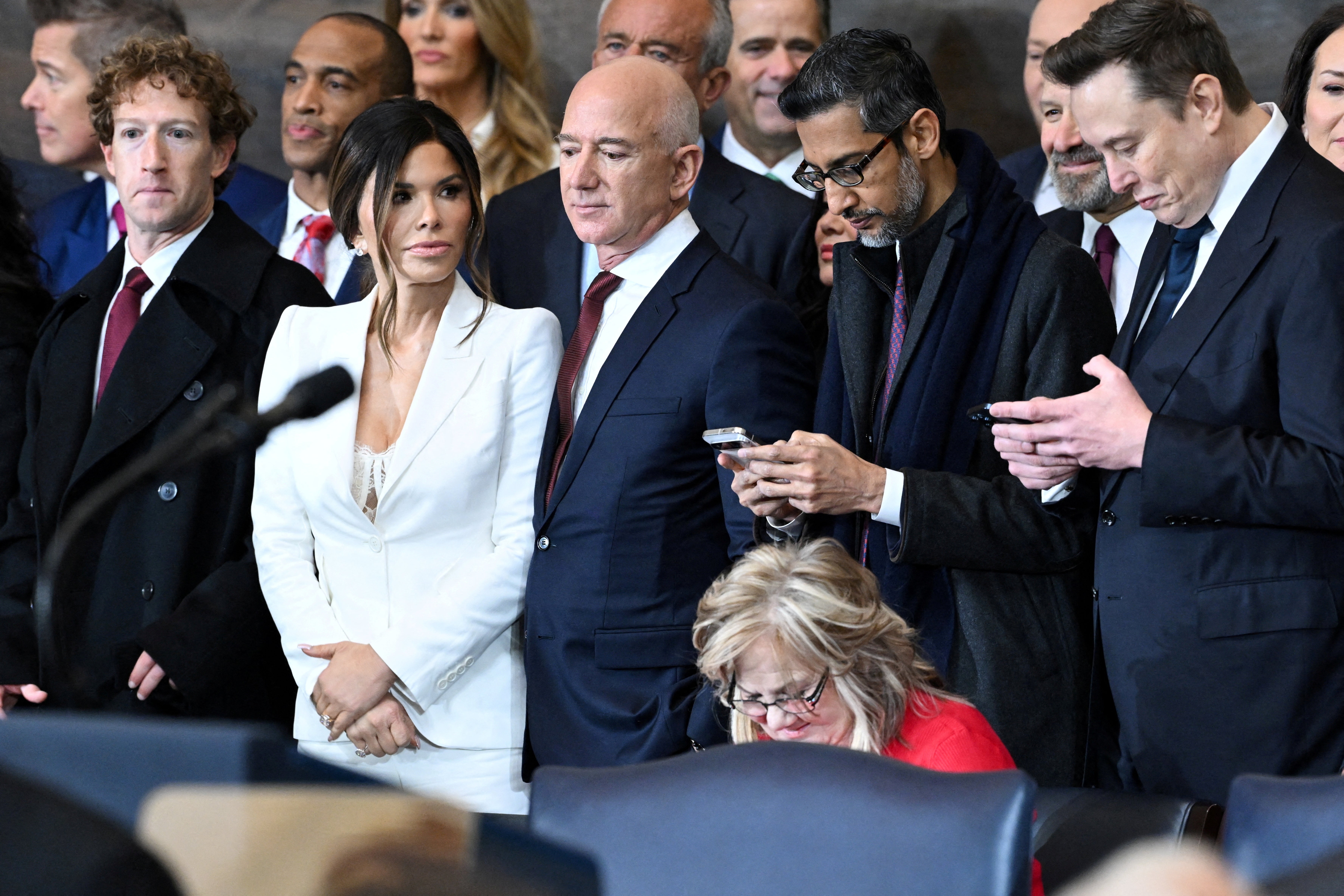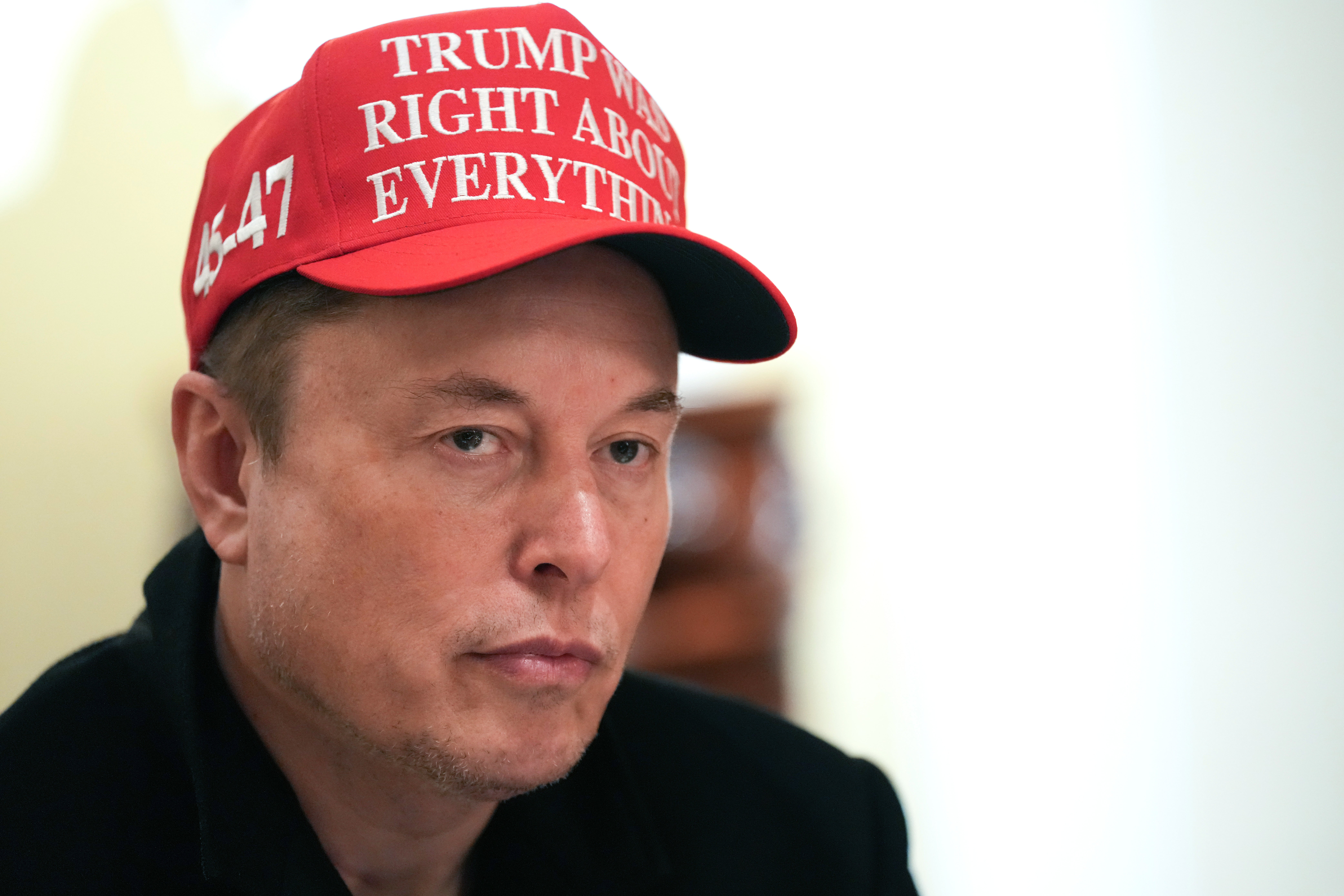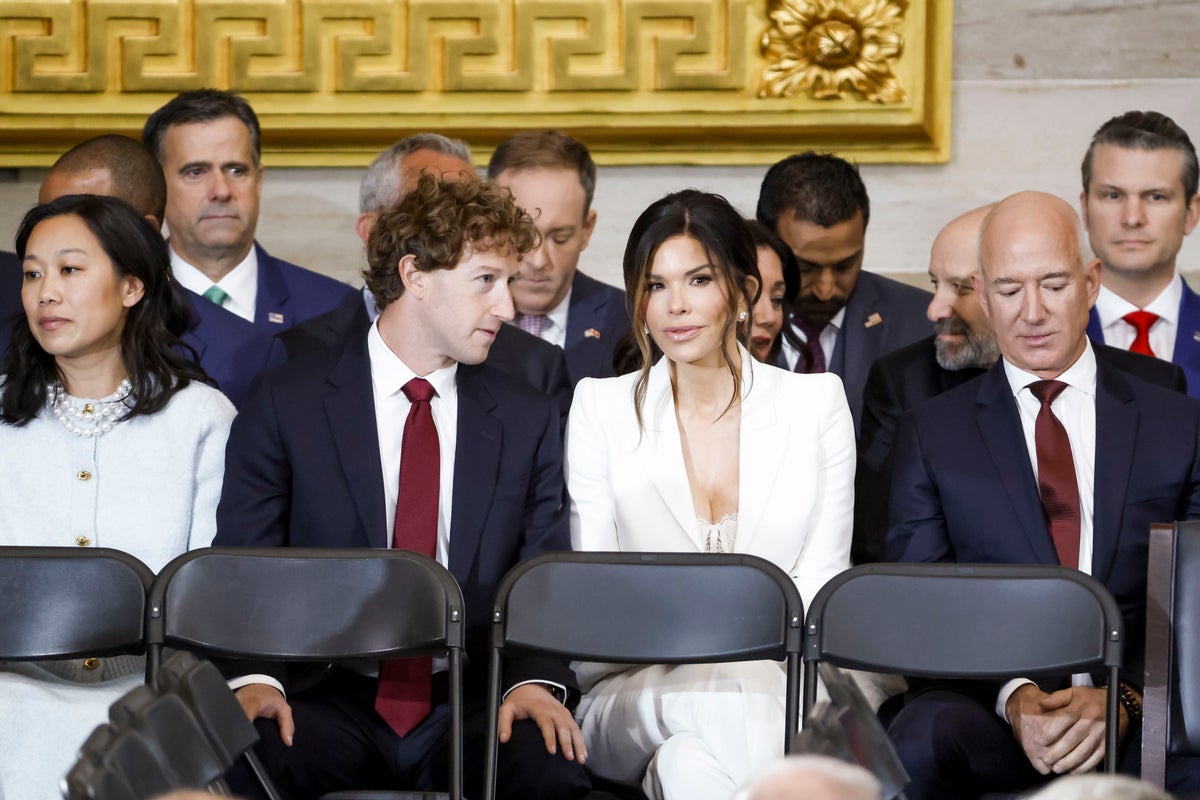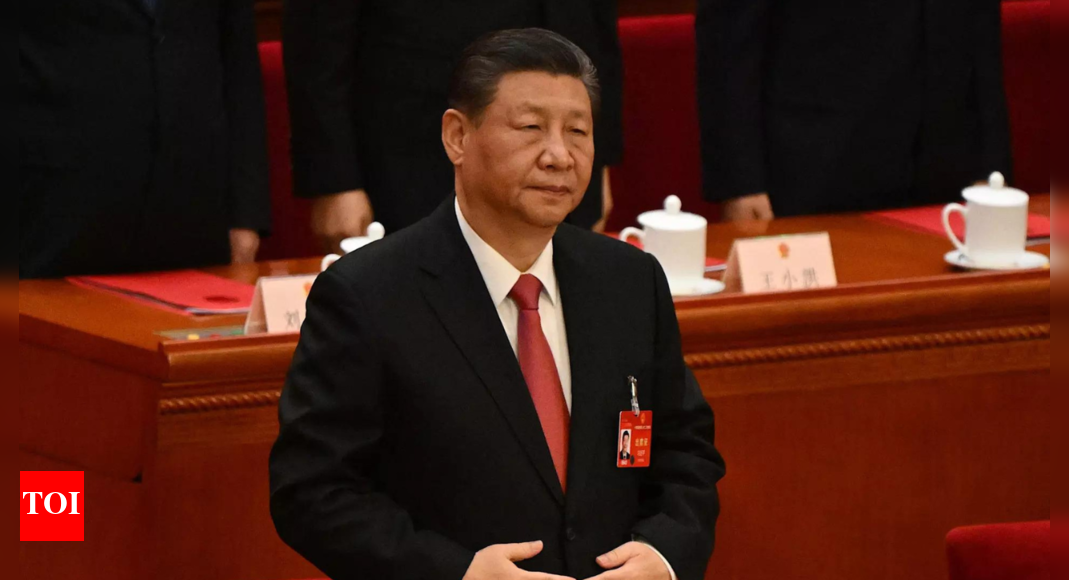To back an authoritarian leader because he makes the trains run on time is one thing. To back him even when he dynamites the track is quite another.
On January 20, we watched Silicon Valley leaders including Mark Zuckerberg, Tim Cook and Jeff Bezos line up together at Donald Trump’s inauguration. It was part of an unprecedented display of truckling and toadying apparently calculated to ensure that, no matter how many people the big man fired or locked up, he’d at least protect Big Tech’s bottom line.
So how’s that going?
In the space of a week, roughly $80 billion was wiped off the combined net worth of Bezos, Zuckerberg, and Elon Musk due to Trump’s blitz of tariffs (or, in plainer language, import taxes). Meanwhile, the administration has not stopped its antitrust lawsuits against Meta, Google, Amazon, and Apple, and is still protecting TikTok (a huge rival to Meta) in apparent defiance of U.S. law.
To be clear, few of these moguls are likely to be very bothered by the hit to their net worth. Most see mere paper wealth — which fluctuates often and is sometimes kind of fictional anyway — as less important than building durable companies that shape the world.
Yet if Trump plans to help them do that, he’s got a funny way of showing it.
Even after the White House’s partial retreat on Wednesday, tariffs remain much higher than before, and astronomical with China. That’s bad for Big Tech because almost every aspect of microchip and computer hardware manufacturing crosses international borders, and is especially concentrated in the People’s Republic.
“If you want $3,500 iPhones, we should make ’em in New Jersey, maybe make ’em in California,” said Wall Street analyst Dan Ives on Monday. “If you like $1,000 iPhones, you make ’em in China. And that’s just the reality.”
On Thursday it emerged that Apple had charted flights from India to ferry up to 1.5 million iPhones — 600 tons worth — to the United States in order to beat the introduction of the tariffs.
Even Meta (née Facebook), which makes its money from advertising rather than hardware shipments, is vulnerable because so many of its clients are small e-commerce outfits that import from abroad. Among the biggest are Shein and Temu, which rely on China for their super-cheap products. And won’t somebody think of the dropshippers, whose middle-man Instagram ads sell directly from Chinese factory to consumer?

Whatever happens next, no company can afford to rule out Trump simply changing his mind again. As if to underline the point, the White House clarified on Wednesday — after U.S. stock markets had closed — that in fact its 25 percent tariff on some Mexican and Canadian goods were not paused after all. Trust is hard to build, and easy to destroy.
Meanwhile, there is reason to think this policy whiplash, and Trump’s subordinates’ evident contempt for old allies, will push Europe to reduce its dependence on American tech. It could also disrupt the diplomatic agreement that allows Google and Meta to process Europeans’ data without exposing them to undue surveillance by U.S. intelligence agencies, not least because Trump has axed most of the committee that was meant to monitor said pact.
That’s without even considering the nascent brain drain that Trump’s ostentatiously harsh immigration policy and bonfire of science funding appear to have triggered. Or the long-term impact on said cutbacks on American research supremacy. Or Silicon Valley’s dependence on skilled immigration. Or Trump’s war on green energy, which is one of the USA’s most promising high-tech manufacturing industries. Or the looming probability of a recession, which Goldman Sachs now puts at 45 percent compared to 15 percent last October.
Of course there’s every chance that tech giants will be able to secure special exemptions to Trump’s tariffs, with a little lobbying and groveling. The President said as much on Wednesday when he promised to “show a little flexibility” and “take a look” at exempting big companies that had been hit harder “through no fault of their own” (whatever that means for a man who blames Ukraine for the invasion of Ukraine).

But Trump himself acknowledged the wider problem when a reporter queried how he would pick the lucky few. “Instinctively,” he answered. “You almost can’t take a pencil to paper. It’s really more of an instinct than anything else.”
Yes, the tech barons can beg. They can bow and scrape and flatter, and keep on doing so for another four years, or eight years, or however long Trump intends to stay in power. They can pay people lavishly to do it for them. As luck would have it, Zuckerberg just bought a $23m crash pad in Washington D.C. from which to conduct such operations.
None of it changes the fact that Trump’s followers are rapidly hollowing out the U.S.’s system of checks and balances and replacing it with something far more unstable. Republicans appear bent on handing their leader near-monarchical power even as he attacks the rule of law, defies courts, bullies state governments, and sidelines Congress.
What Thomas Paine wrote about kings in 1776 is true today. Authoritarian rule is always vulnerable to the quirks, vices, and temptations of the man in charge, and it’s hard to imagine a wannabe strongman more chaotic and mercurial than Donald Trump. Except, perhaps, Elon Musk.


